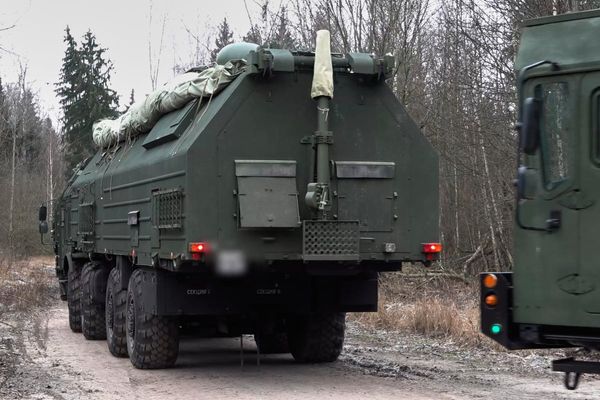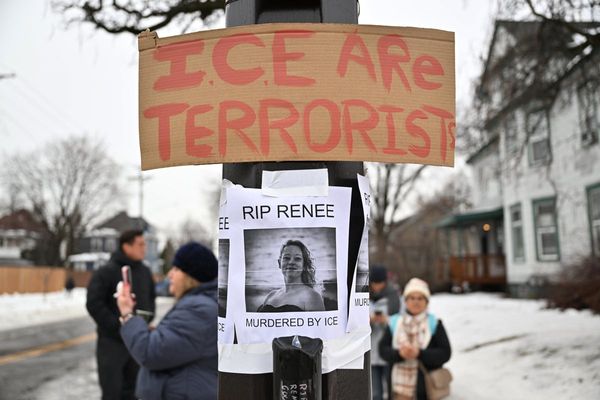
The Supreme Court recently heard arguments in a case involving Holocaust victims and their families seeking to recover property stolen during World War II from Hungary. The families have been engaged in a legal battle with Hungary for nearly 15 years over whether they can pursue their lawsuit in American courts.
The central issue revolves around a narrow exception to the general prohibition on suing foreign governments in the United States. The families argue that Hungary sold expropriated property and used the proceeds to purchase equipment in the US, thereby justifying their lawsuit under the exception.
During the proceedings, several justices expressed skepticism about the implications of allowing such lawsuits. Chief Justice John Roberts and Justice Brett Kavanaugh raised concerns about undermining sovereign immunity principles and potential foreign policy repercussions. They questioned whether expanding the exception would open the door to reciprocal lawsuits against the United States.



Both liberal and conservative justices on the Court appeared to have reservations about the families' argument. Justice Sonia Sotomayor raised questions about the longevity of the funds in question, likening it to a hypothetical scenario involving a bank account. Justices Elena Kagan and Samuel Alito also expressed worries that immunizing foreign countries mixing expropriated property into general funds could render the exception ineffective.
The case, Hungary v. Simon, has been ongoing since 2010 and has made its way through various federal courts. Last year, a federal appeals court ruled in favor of the victims, prompting Hungary to appeal to the Supreme Court. A decision in the case is expected next year, with the outcome potentially impacting future lawsuits involving expropriated property and foreign governments.







